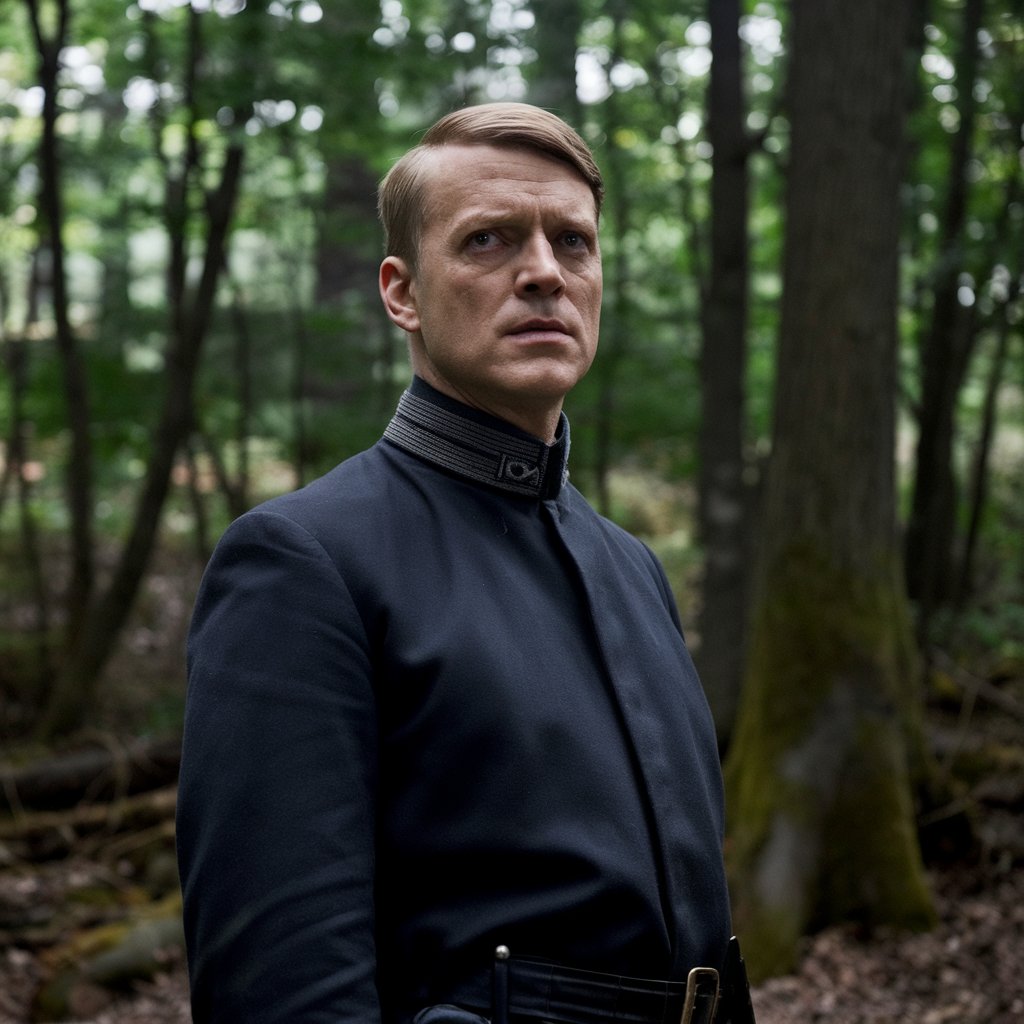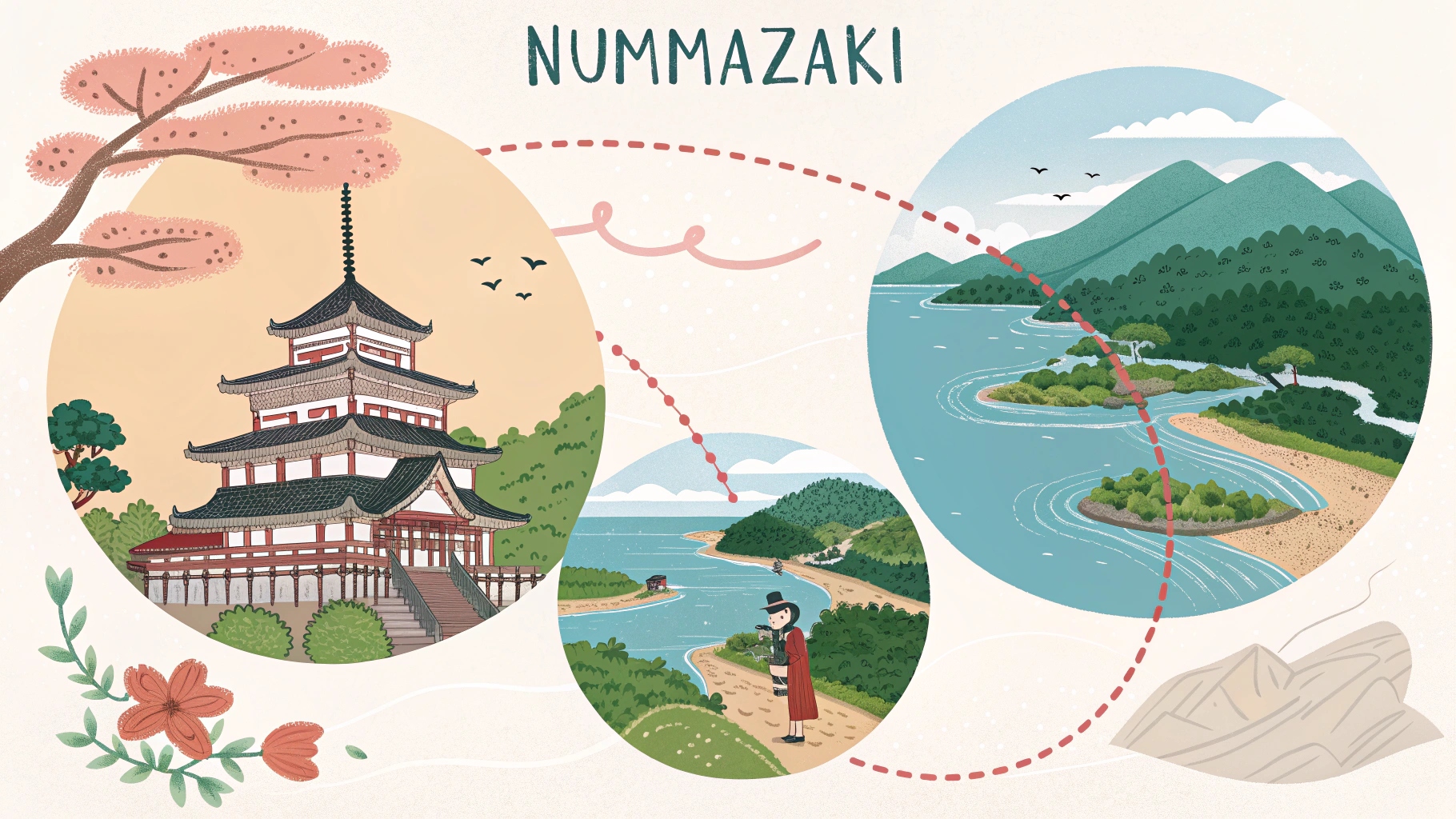Imagine a world where the notorious Nazi leader Reinhard Heydrich is seamlessly integrated into the fantastical universe of Westeros, embodying the noble character of Robb Stark. This thought-provoking concept, “Reinhard Heydrich Isot’d into Robb Stark I,” creates a unique intersection between historical figures and fictional characters, exploring how such a fusion could alter narratives in both realms. This article delves into the intricacies of this alternative history concept, providing original analyses and interpretations to offer a comprehensive understanding of the idea.
The Concept of Isot’d Integration
The term “isot’d” refers to a hypothetical scenario where historical or fictional characters are placed into different settings, blending their attributes with new contexts. In this case, the merging of Reinhard Heydrich, a key figure in Nazi Germany known for his ruthlessness, with Robb Stark, the honorable King in the North from George R.R. Martin’s A Song of Ice and Fire, presents a fascinating clash of ideologies and personas. This concept challenges our perceptions of character and morality by placing a historical figure known for his brutality into a world of chivalry and honor.
Reinhard Heydrich: The Man Behind the Terror
Reinhard Heydrich, often referred to as “The Butcher of Prague,” was a high-ranking Nazi official infamous for his role in orchestrating the Holocaust and implementing brutal policies during World War II. His cold and calculating nature, combined with his high position in the Nazi regime, made him a figure of immense fear and revulsion.
Early Life and Rise to Power:
Born in 1904 in Halle, Germany, Heydrich was an ambitious and ruthless individual from a young age. He joined the Nazi Party in the early 1930s, quickly ascending through the ranks due to his efficiency and willingness to carry out the regime’s most heinous orders.
Role in the Holocaust:
Heydrich played a crucial role in planning and executing the Holocaust. He was one of the main architects behind the Final Solution, which aimed to systematically exterminate Jews and other groups deemed undesirable by the Nazis.
Assassination and Legacy:
Heydrich’s reign of terror was cut short when he was assassinated by Czech resistance fighters in 1942. His death sparked brutal reprisals by the Nazis, including the massacre of civilians and the destruction of villages.
Robb Stark: The Noble King in the North
Robb Stark, on the other hand, represents an idealized version of chivalry and honor in the fantasy world of Westeros. As the eldest son of Eddard Stark, Lord of Winterfell, Robb is known for his commitment to justice and his leadership in the fight against the Lannisters.
Character Traits:
Robb Stark embodies traits such as honor, loyalty, and a strong sense of justice. These qualities make him a beloved figure among his supporters and a respected leader in the North.
Role in the Series:
In A Game of Thrones, Robb leads the Northern forces in the War of the Five Kings, aiming to avenge his father’s death and secure independence for the North. His character arc is marked by personal and political struggles, culminating in the infamous Red Wedding, where he and his mother are betrayed and murdered.
Merging Two Worlds: What If Heydrich Became Robb Stark?
Combining Heydrich’s ruthless efficiency with Robb Stark’s honor creates a complex and intriguing character. Here’s how this merger might impact both historical and fictional narratives:
Leadership Style:
Heydrich’s strategic mind and lack of empathy would drastically alter Robb Stark’s leadership style. Instead of being driven by honor and loyalty, this new Robb would likely prioritize ruthless efficiency and strategic advantage. His decisions might become more pragmatic, focusing on achieving objectives through any means necessary.
Impact on Westeros:
If Heydrich’s version of Robb Stark were to rule the North, the political landscape of Westeros would change dramatically. His ruthless nature could lead to a more militaristic and authoritarian rule, possibly altering alliances and shifting power dynamics within the realm.
Moral Implications:
The fusion of Heydrich’s and Stark’s characteristics raises questions about morality and leadership. Would a leader who embodies Heydrich’s brutality but wears Stark’s face still be able to command respect and loyalty? How would his actions be perceived by his subjects?
Analyzing the Historical and Fictional Fusion
Combining a real historical figure with a fictional character involves more than just a clash of personas; it also introduces an exploration of morality, leadership, and the nature of power. Here are some key points to consider:
Historical Impact:
Heydrich’s actions in history were marked by a disregard for human life and ethical considerations. Transferring these traits to a character in a fictional setting challenges our understanding of heroism and villainy, presenting a character who might achieve great success through morally questionable means.
Fictional Implications:
In a fantasy setting, characters are often defined by their adherence to certain codes of conduct. Merging Heydrich’s ruthless efficiency with Robb Stark’s honor questions the possibility of maintaining a moral compass while employing ruthless tactics. It highlights the tension between achieving goals and adhering to ethical standards.
Comparing Historical and Fictional Leadership
Leadership styles in both historical and fictional contexts offer valuable insights into how power is exercised and perceived. Comparing Heydrich’s historical approach with Robb Stark’s fictional one provides a broader understanding of different leadership models:
Ruthless Efficiency vs. Noble Honor:
Heydrich’s historical leadership was marked by a focus on efficiency and the elimination of opposition, often through violent means. In contrast, Robb Stark’s leadership was characterized by a strong sense of honor and a commitment to justice, even if it meant personal sacrifice.
Public Perception:
Heydrich was feared and loathed for his brutality, while Robb Stark was admired and respected for his honor and sense of duty. The merging of these attributes creates a character who might struggle to balance these opposing aspects of leadership.
Imagining the Outcome of the Fusion
The fusion of Reinhard Heydrich and Robb Stark into a single character opens up numerous possibilities for narrative development. Here’s how this unique character might influence both their original and new contexts:
Narrative Conflicts:
A character embodying both Heydrich’s ruthlessness and Stark’s honor would face internal and external conflicts. Balancing the two extremes could lead to complex character development and dramatic storytelling.
Potential Scenarios:
In a fictional setting, this character might face challenges from allies and enemies alike, testing their ability to maintain their honor while employing ruthless tactics. In a historical context, such a figure could drastically alter historical events, leading to different outcomes based on their decisions.
Conclusion
The concept of “Reinhard Heydrich Isot’d into Robb Stark I” presents a fascinating thought experiment that blends historical and fictional worlds. By exploring the implications of merging a notorious historical figure with a beloved fictional character, we gain insights into the nature of leadership, morality, and power. This fusion challenges our perceptions and invites us to consider how different attributes can shape the course of events in both real and imagined contexts.
FAQs
1. What is Robb Stark’s role in A Song of Ice and Fire?
Robb Stark is the eldest son of Eddard Stark and serves as the King in the North, leading his forces in the War of the Five Kings and striving for justice and independence for the North.
2. How would Heydrich’s traits affect Robb Stark’s character?
Heydrich’s traits of ruthlessness and efficiency would likely lead to a more authoritarian and strategic approach to leadership, contrasting sharply with Robb Stark’s honor-driven decisions.
3. What impact would this fusion have on Westeros?
It would likely alter the political dynamics and power structures within Westeros, introducing a more militaristic and ruthless style of leadership.





